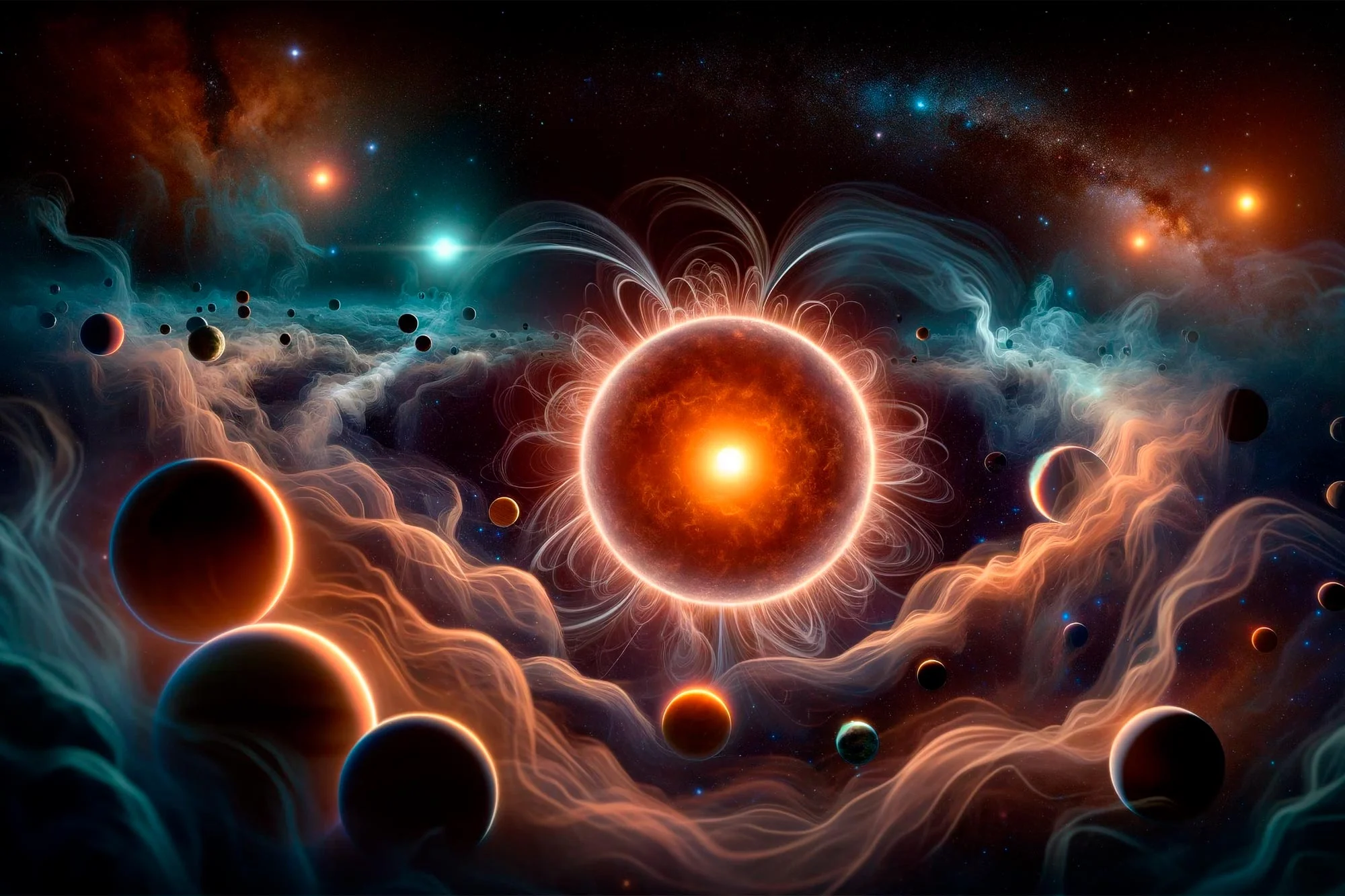
Have you ever pondered whether time is more than just a linear progression from past to present to future? What if time is like a giant puzzle, where all the pieces—your past, present, and future—are already in place? This intriguing idea challenges our conventional understanding of time and invites us to explore the concept of the Block Universe Hypothesis.
The Block Universe Hypothesis: Time as a Frozen Movie Reel
Imagine time not as a linear timeline but as a static block, where every moment in your life, from birth to death, exists simultaneously. This is the essence of the Block Universe Hypothesis. It suggests that time is akin to a frozen movie reel, with all scenes playing out at once. Just as flipping through the pages of a photo album reveals snapshots of different moments, each moment in the block universe is like a snapshot captured within the frozen block of time.
Time Dilation: The Flexibility of Time
According to Einstein’s theory of relativity, time is not a fixed, uniform concept. Instead, it is flexible and can vary depending on factors like speed and gravity. This phenomenon, known as time dilation, suggests that time is more akin to a stretchy, bendy rubber band, adapting to the circumstances around it. For instance, time may flow differently for someone traveling at high speeds in space compared to someone on Earth due to the effects of relativity.
Quantum Mechanics: Uncertainty and Superposition
Delving into the realm of quantum mechanics adds another layer of complexity to our understanding of time. In the quantum world, particles exist in multiple states simultaneously—a concept known as superposition. This uncertainty at the quantum level challenges our perception of a definitive past, present, and future. Instead, it suggests that the future may exist in multiple possibilities until observed or experienced, akin to different endings to a story waiting to be revealed.
Navigating the Maze of Time
So, does the future already exist, predetermined within the block universe? While the block universe hypothesis presents a compelling perspective, it also leaves room for interpretation and agency. Just as navigating a maze offers multiple paths despite the existence of walls, our choices and actions contribute to how the future unfolds.
Conclusion: Embracing the Paradox of Time
In contemplating the paradox of time, we are invited to think beyond our conventional understanding of past, present, and future. While the notion of a predetermined future challenges our intuition, it also sparks curiosity and wonder about the nature of time itself. So, the next time you find yourself pondering the future, remember that it may already be happening within the vast block of time, waiting to be explored and experienced.



